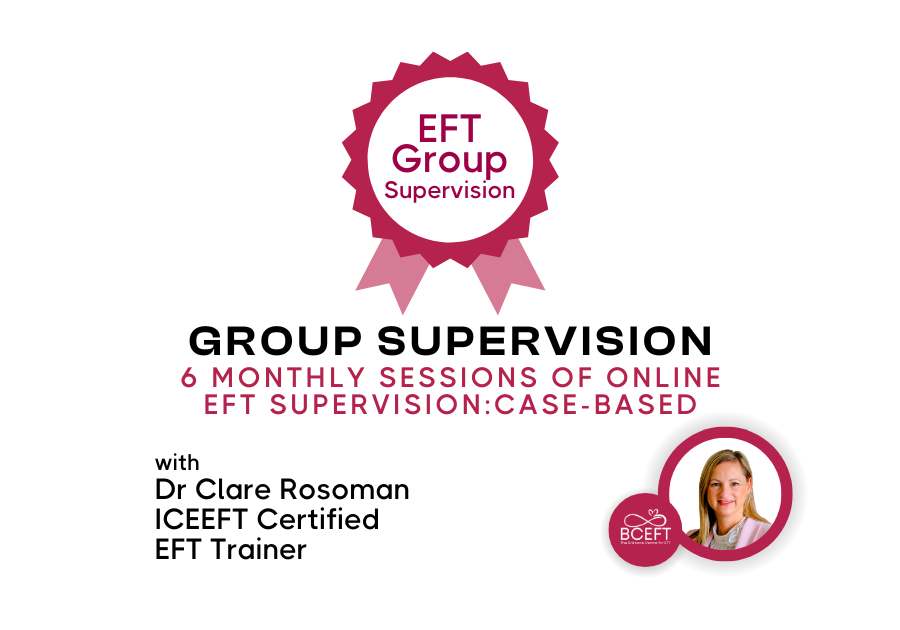About EFT for Couples & Relationships Training (EFCT)
ICEEFT-endorsed EFCT training courses:
- Externship EFCT training includes 24hrs (4 days) of introductory training in EFCT that is endorsed by the International Centre for Excellence in EFT (ICEEFT).
- Core Skills of EFCT forms the final training requirement for eligibility for Certification as an EFCT Therapist with ICEEFT. Therapists have the option of completing “Standard” Core Skills which includes 24hrs (4 days) of skills development in EFCT or “Extended” Core Skills, which includes 48hrs (8 days) of skills mastery in EFCT. Either course is sufficient for ICEEFT Certification as an EFCT Therapist. Which course is available to you will vary by Trainer and region of the world.
- For all EFCT training events, handouts and a certificate of completion are provided as well as reduced-rate membership to ICEEFT
- For those who become ICEEFT members, their details will be listed in the ICEEFT therapist directory, and they can choose to list their practitioner details on the BCEFT Find an EFT Therapist directory.
EFCT therapist training pathway
1. Externship in EFCT
The Externship in EFCT is the first step in becoming a Certified EFT Couple Therapist with the International Centre for Excellence in Emotionally Focused Therapy (ICEEFT). It contains didactic teaching about the theoretical underpinnings of the EFT model, the evidence-base for EFCT, the 3 stages of the EFCT model (the EFT road map), a comprehensive overview of the key EFT therapist interventions including the EFT Tango, as well as video demonstrations, small-group activities and, where possible, a live demonstration of an EFCT session.
At the end of training, participants will be able to:
- Describe the key elements of the attachment perspective on adult love and bonding, relational distress and creating attachment security in loving relationships
- Track negative cycles of interaction that lead to disconnection and insecurity in the attachment bond
- Describe the micro-interventions used by the EFT therapist and use them de-escalate negative interactional patterns
- Outline the process of change and the elements of the EFT Tango to shape corrective emotional experience, such as affect assembly and choreographing engaged encounters
- Shape bonding moments in-session that restructure the attachment bond and revise internal working models of self and other
2. Core Skills in EFCT
In Australia, Clare Rosoman offers Standard Core Skills in EFCT. Core Skills is the final training required for becoming a Certified EFT Couple Therapist with the International Centre for Excellence in Emotionally Focused Therapy (ICEEFT). The “standard” Core skills is a four-day (24hr) course, which revises and deepens therapists’ understanding of the EFCT model and the interventions used to achieve the three key change events identified by process research that move loving relationships from insecurity to security.
Core Skills in EFCT focuses on building therapists’ proficiency in specific interventions that aim to stabilise distressed relationships in Stage 1, to restructure the attachment bond in Stage 2, and to consolidate changes in Stage 3. This course includes experiential exercises and video demonstrations, as well as providing practical resources for therapists to use with their clients.
At the end of training, participants will be able to:
- Use the therapeutic relationship as a powerful attachment-based tool for creating security in loving bonds
- Intervene successfully to interrupt, track and de-escalate negative interactional patterns
- Utilize the present moment in session for therapeutic change, using the EFCT interventions and the EFT Tango in a natural and organic way
- Know and intentionally choose an EFCT intervention or micro-skill from a range of options in order to best achieve the desired outcome in a given moment in-session
- Work creatively with therapeutic blocks and “stuck” patterns – working within and between to create movement and attachment security between partners
- Deepen emotional engagement and gain mastery in choreographing engaged encounters (enactments) for on-target, powerful change
- Shape bonding moments in-session that restructure the attachment bond and revise internal working models of self and other
Prerequisite:
Completion of Externship in EFCT training with an ICEEFT Certified EFT Trainer is required in order for a participant to be eligible to enroll in a Standard Core Skills in EFCT course.
Upcoming EFT Training events in EFT for couples
- 16Jul

Case-based Online EFT Supervision Group 2 for 2025
Building your EFT tool kit in 6 monthly 1hr online group EFT supervision sessions
- 11Aug

Externship in EFCT – August 2025
The Externship in EFCT is the first step in becoming a Certified EFT Couple Therapist.
- 25Sep

Externship in Emotionally Focused Couple Therapy (EFCT) – Brisbane September 2025
The Externship in EFCT is the first step in becoming a Certified EFT Couple Therapist.
- 3Nov

EFCT Standard Core Skills – November 2025
This online 24hr training will revise and deepen therapists’ understanding of the EFCT model.
- 2Mar

Externship in EFCT – March 2026
The Externship in EFCT is the first step in becoming a Certified EFT Couple Therapist.
- 8Jun

EFCT Standard Core Skills – June 2026
This online 24hr training will revise and deepen therapists’ understanding of the EFCT model.
- 27Jul

Externship in EFCT – July 2026
The Externship in EFCT is the first step in becoming a Certified EFT Couple Therapist.
- 12Aug

EFCT Standard Core Skills Melbourne – August 2026
This online 24hr training will revise and deepen therapists’ understanding of the EFCT model.
- 2Nov

EFCT Standard Core Skills – Nov 2026
This online 24hr training will revise and deepen therapists’ understanding of the EFCT model.
- 16Nov

EFCT Online Masterclass: Beyond Betrayal – Nov 2026
Using EFCT to Rebuild Connection in Close Relationships After Rupture to Attachment Bonds
Frequently Asked Questions about EFCT
Can I train in EFCT?
In order to undertake training in Emotionally Focused Therapy for couples, individuals, or families, you must be a mental health practitioner such as a psychologist, psychiatrist, counsellor, social worker, or psychotherapist. You must have membership to an appropriate professional body (e.g. AHPRA, PACFA, ACA, AASW, RANZCP). School counsellors are permitted to attend if they belong to a professional body that has standards of practice for psychotherapy/counselling. Life coaches are not permitted to attend unless they also belong to one of the mental health professional categories listed above.
You can complete EFT training if you are currently studying for a mental health qualification (e.g. undergraduate or postgraduate student) and student discounts are available. For more information on eligibility for EFT training from ICEEFT click here.
While you do not have to be actively seeing couples and relationships to undertake training in EFCT, it is certainly recommended once you commence Core Skills in EFCT, to get the most out of the training.
How do I prepare for my EFCT training?
To get the most from your EFCT training, we recommend completing some pre-reading. Attachment Theory in Practice: Emotionally Focused Therapy for Individuals, Couples and Families (Johnson, 2019) and Becoming an EFT Therapist: The Workbook (Furrow et al, 2022) are excellent foundational texts for all EFT modalities (EFCT, EFIT and EFFT). If you are attending an Externship in EFCT, we recommend reading the latest edition of The Practice of Emotionally Focused Couple Therapy: Creating Connection (Johnson, 2019).
Why is there a 24hr version and a 48hr version of Core Skills in EFCT?
Traditionally, Core Skills in EFCT has been a 48hr (8-day) training program. In responding to feedback about the accessibility of EFCT training, ICEEFT has decided to offer a shorter version of Core Skills, called Standard Core Skills, which is run over 4 days (24hrs). In some parts of the world, trainers are keen to maintain the 48hr Core Skills, so this has been permitted by ICEEFT and is called Extended Core Skills. Trainees can choose to attend either the 48hr option or the 24hrs option and are not able to swap pathways mid-way. EFT Trainer, Clare Rosoman is offering Standard Core Skills (24hrs).
Feedback from Clare's EFCT training participants
